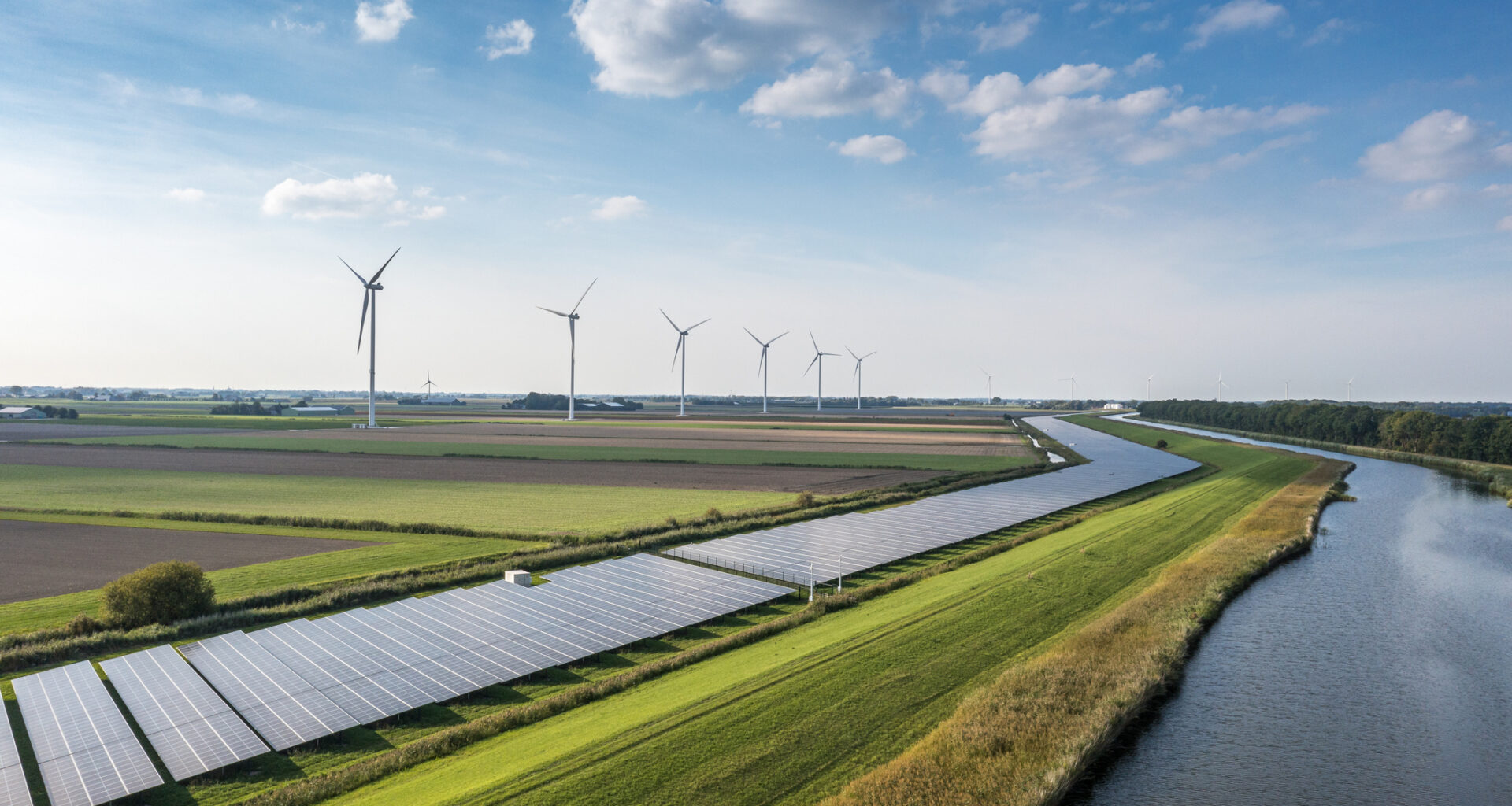The risks posed by climate change are escalating with natural disasters becoming more frequent and severe. At the same time, the growing protection gap, meaning the difference between insured losses and the actual economic damage caused by climate disasters, is an increasingly significant threat to communities, businesses, and economies worldwide.
The insurance industry with its capacity to invest, manage risk, and innovate, has a pivotal role to play in helping to address and mitigate the impact of climate change globally. Nevertheless, success will also depend on how well we work with policymakers and other sectors to fully leverage our industry’s potential and deliver tangible solutions that can make a difference.
We must move beyond traditional models of risk transfer and embrace collaborative solutions that protect people, infrastructure, and economies in an increasingly volatile climate. We must also take full advantage of technologies to enhance our perception and evaluation of climatic risks, and to strengthen our resilience and our capability to tackle them effectively. Furthermore, pooling resources and expertise through public-private partnerships is critical to help develop new models that provide more comprehensive and affordable insurance coverage, especially for those most vulnerable to climate-related risks. The latter also includes small and medium-sized enterprises (SMEs) around the world, which play a crucial role in the global economy as a key lever in driving growth, development, and employment.
A growing problem
Climate change has a profound impact on both, our economies and our daily lives with climate-related disasters projected to cause economic losses amounting to $12.5 trillion by 2050. In the same period, climate change is expected to result in approximately 14.5 million additional deaths with climate-induced impacts accounting for a further $1.1 trillion in extra costs to healthcare systems, creating a significant additional burden on already strained infrastructures and medical and human resources (source: World Economic Forum, 2024). Climate change therefore impacts everything from our environment, social aspects, and infrastructure to lives and livelihoods around the world.
The insurance industry is faced with increasing costs due to more frequent and severe natural disasters, which leads to higher premiums and reduced availability of coverage in high-risk areas. In addition, the global natural catastrophe protection gap widened again in 2023, rising 5.2% to reach an estimated 62% of events being uninsured (source: Swiss Re Institute).
In this context, as weather hazards intensify due to climate change, risk assessment and insurance solutions need to keep up with the fast-evolving risk landscape and there is an urgent need for action by providing dedicated natural catastrophe (nat-cat) coverage and climate-adaptation insurance products.
New insurance products will also need to be developed, tailored to cover emerging climate risks. Parametric insurance is one such example. It provides payouts based on predefined weather events, helping to quickly support affected communities and businesses.
Furthermore, financial inclusion programmes, improving access to insurance in underserved markets, play an important role in ensuring that vulnerable populations have the financial protection they need against climate-related disasters. Similarly, prevention measures are very important to decrease the level of risk exposure to natural disasters whilst helping to raise awareness, support risk mitigation, minimise losses and promote greater sustainability.

Supporting SMEs
SMEs represent around 90% of all firms globally, accounting for approximately 70% of global employment and contributing up to 70% of global GDP (source: World Economic Forum, 2021). This means that supporting SME resilience against climate risks is vital to ensure the stability of the global economy and our financial system. This includes developing holistic risk management solutions that combine risk transfer and risk mitigation tools, which can be done by bundling insurance products with new technologies and leveraging alternative distribution partners to reach SMEs more effectively.
At the same time, educational programs are being expanded to help SME owners better understand climate risks and adopt sustainable business practices. As an example, Generali’s SME EnterPRIZE initiative has enhanced this commitment, fostering sustainability among SMEs and supporting them in
building climate-resilient business models. In many European countries, including Italy, regulatory frameworks have also evolved to mandate catastrophic risk insurance for businesses. This marks an important step forward in educating, raising awareness and protecting SMEs.
Role of insurers
Long-term global competitiveness of Europe depends on accelerating both green and digital transitions to meet the twin goals of decarbonising the economy and integrating advanced technologies into our industries. The insurance industry has a significant role in facilitating this transformation, leveraging its expertise in risk management and long-term investment. However, achieving this transition requires significant financial resources. The 2024 Mario Draghi report estimates that Europe would need between €750 to 800 billion in additional annual investments to remain competitive on the global scale and make the green, digital and social transition a reality.
The insurance industry, as a long-term investor, manages over €10 trillion in assets (source: Insurance Europe, 2023-2024 annual report), and is well-positioned to direct these resources towards sustainable infrastructure, renewable energy projects, and technological innovations that enhance productivity and reduce environmental impact. Yet, releasing this potential requires clearer regulatory frameworks, alongside public-private partnerships to mobilise the necessary financing. It is also crucial to establish a level playing field with other financial services actors that fully recognises insurers’ long-term horizon.
The time for concrete and practical solutions that address the ever-increasing climate protection gap is now. Through our Lifetime Partner 27 strategy, Generali remains committed to addressing the climate protection gap, leveraging global expertise to drive innovation, enhance resilience, and contribute to a more sustainable future. By aligning our strategic initiatives with the most pressing climate challenges, we are not only protecting our clients but also playing a leading role in shaping the future of insurance in an era of accelerating climate change.
Giulio Terzariol, CEO Insurance at Generali
